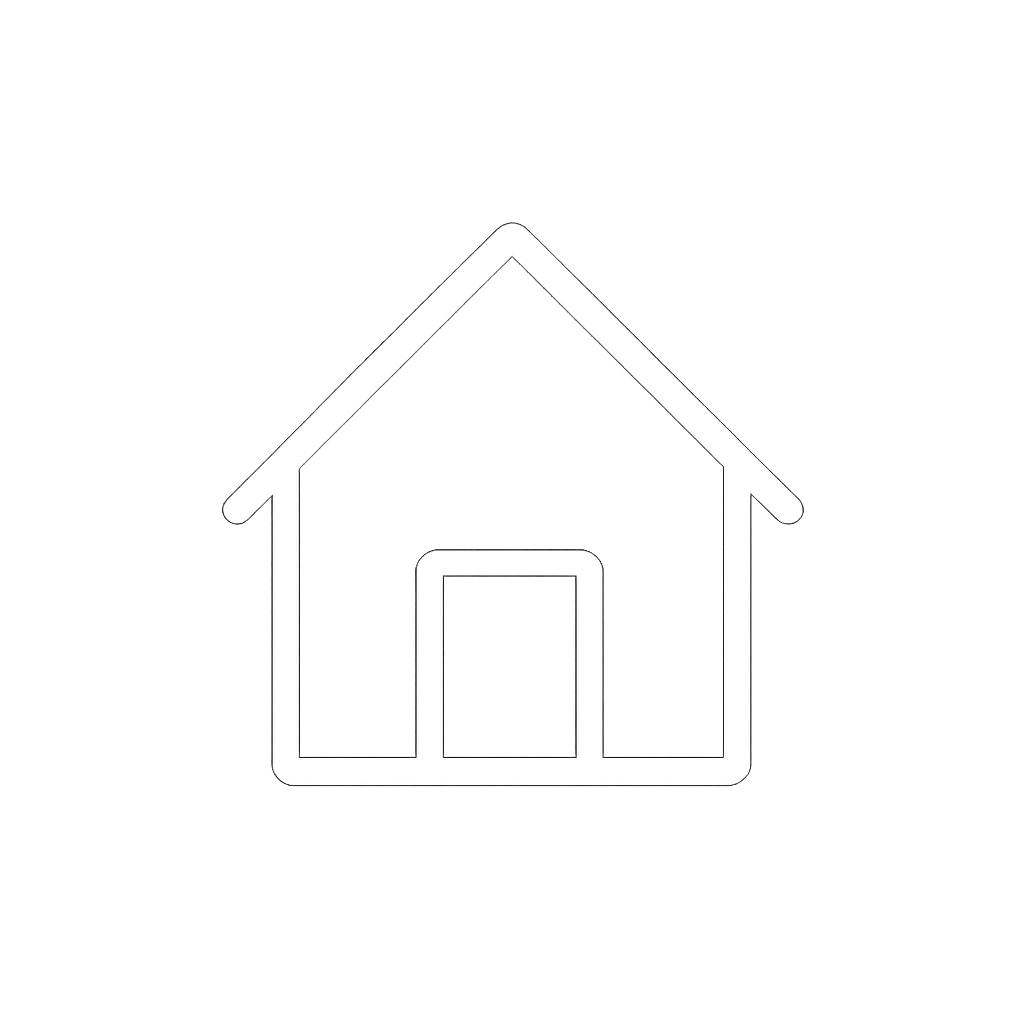Communication Wiring
To enable both closed-loop inverter communication and cloud-based monitoring, the LYNK II Gateway must be connected to:
The Sol-Ark inverter’s BMS1 or BMS2 port (for real-time battery data exchange)
An active Internet connection through its Ethernet port (optional, for LYNK Cloud access)
Run two CAT5e or higher cables to the cabinet to support both functions.
Connection Type | Wire Size | Max Distance |
|---|---|---|
Communication (CAN) | 16 – 22 AWG | Up to 30 m (100 ft) using 24 AWG |
Ethernet (LAN) | CAT5e or higher | 30 – 120 m (100 – 400 ft) using 23 AWG |
Cable Requirements
Recommended Cable: Use shielded CAT6 or higher cable to minimize EMI and ensure reliable data transmission.
RJ45 Pinout: Confirm pin assignments match the inverter’s CAN communication spec.
Setup Summary
Inverter Link: Connect one CAT5e or higher cable between the LYNK II CAN port and the inverter’s BMS1 or BMS2 port.
Internet Access: Connect a second CAT5e or higher cable from the LYNK II Ethernet port to a live internet source.
This setup enables real-time inverter communication and remote monitoring via LYNK Cloud.
One Cabinet, One Inverter
Connect the LYNK II Gateway's CANout to the inverter’s BMS1 port. Connect the LYNK II Gateway’s LYNK Port to the J3 or J4 port on the battery cabinet’s High-Voltage Box.
One Cabinet, Two Inverters
Each inverter requires a LYNK II Gateway. From the inverter’s BMS1 port, each inverter connects through a LYNK II Gateway and independently communicates with the cabinet. Connect each LYNK II Gateway's LYNK port to the J3 and J4 ports on the battery cabinet’s High Voltage Box.
One Cabinet, Two Inverter
Connect the CAN Out port of each LYNK II Gateway to the BMS1 port of its corresponding inverter. Then, connect each LYNK II’s LYNK Port to either the J3 or J4 port on the battery cabinet’s High Voltage Box. J3 and J4 are internally paralleled, so it doesn’t matter which LYNK II connects to which port, as long as each gateway has a dedicated connection.
